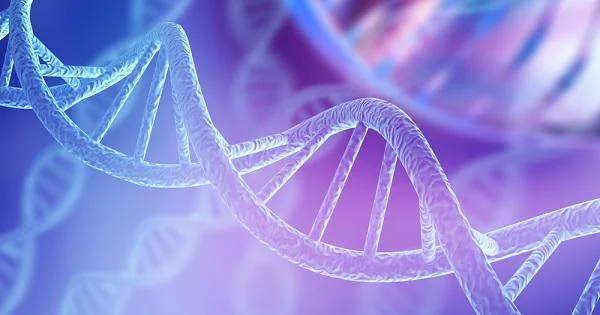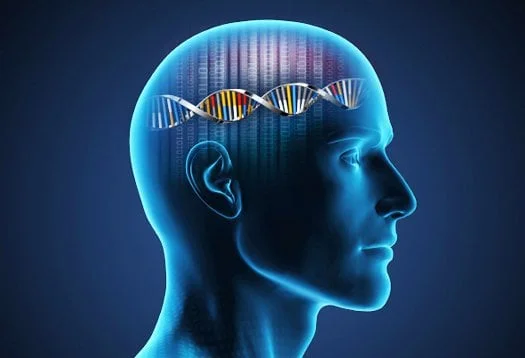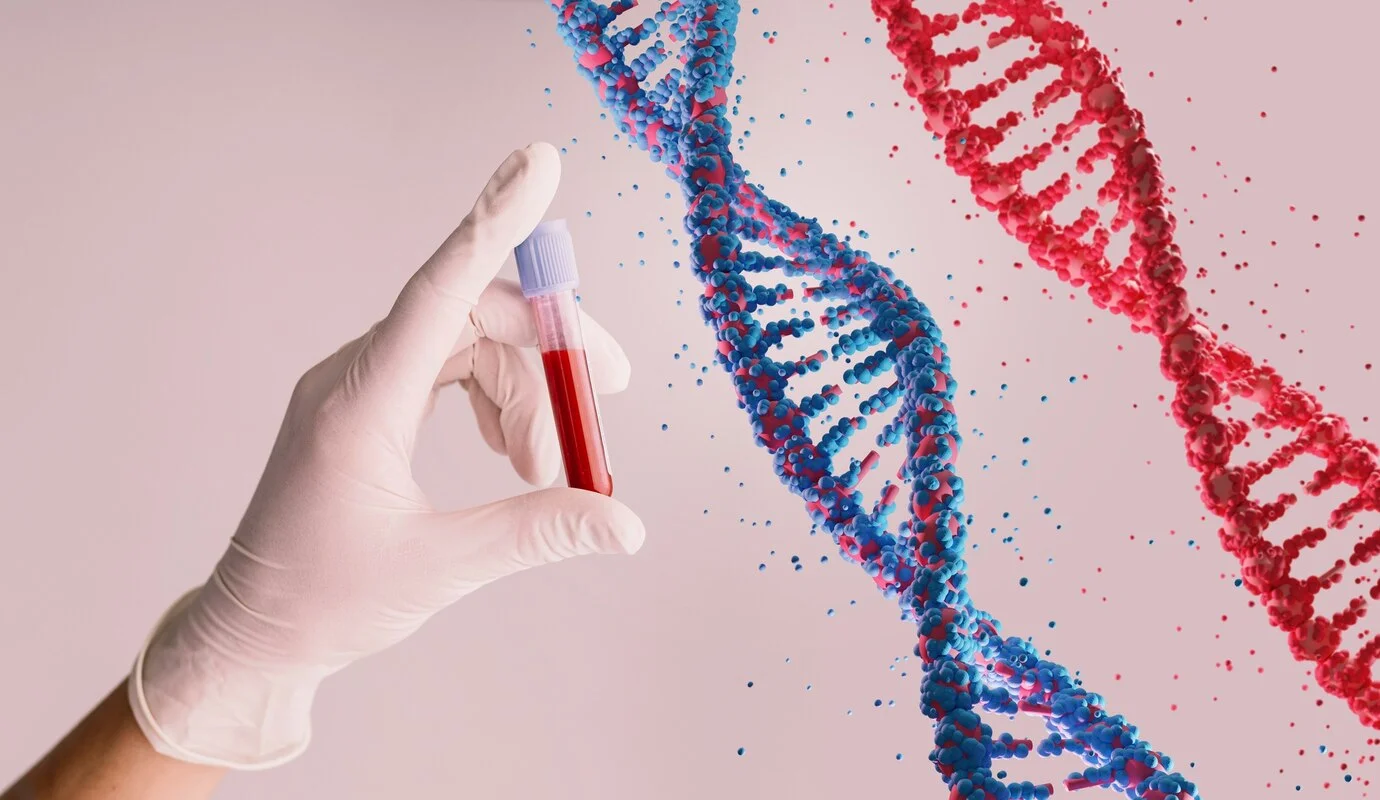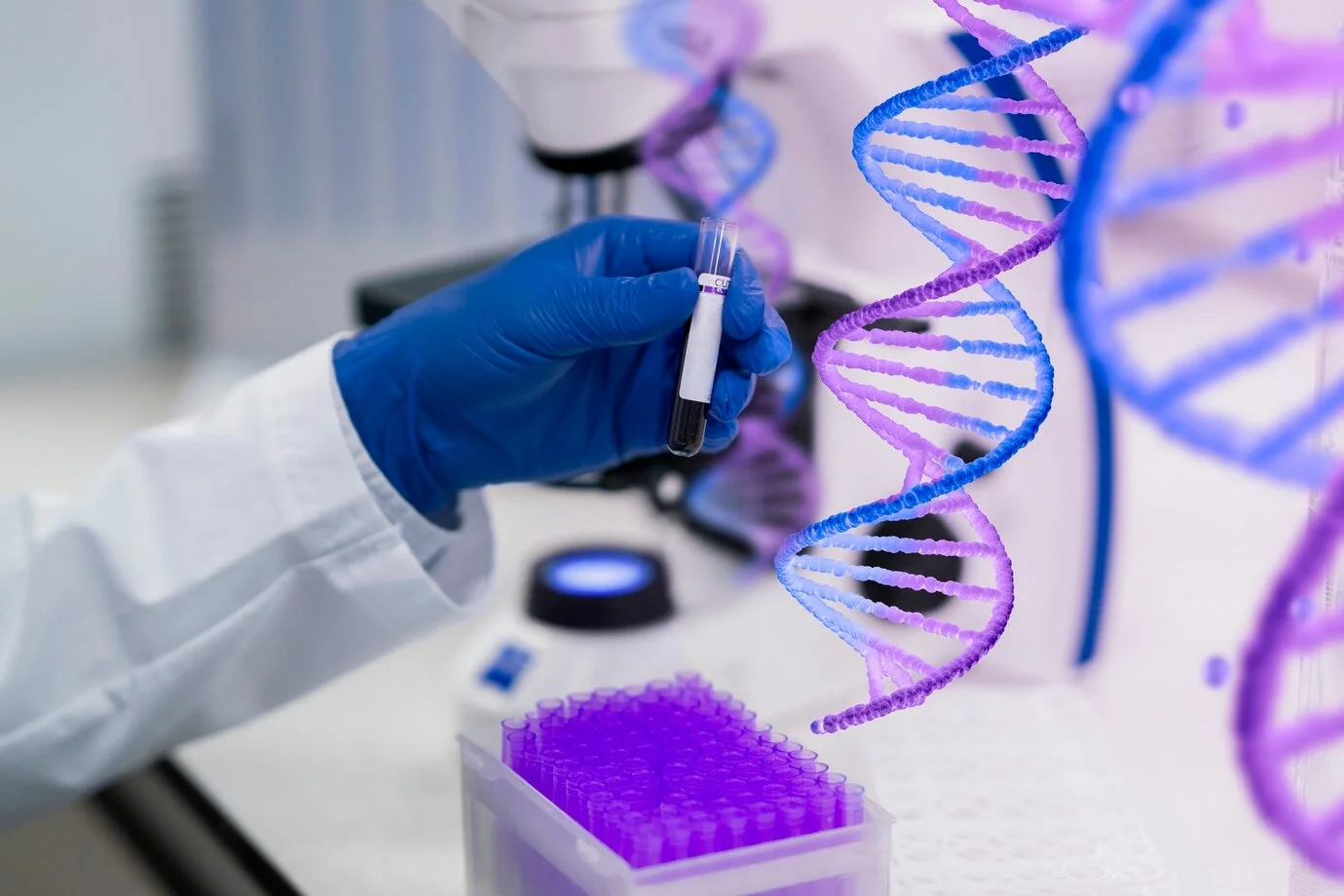In recent years, strides in genetic research and technology have ushered in a transformative era in healthcare. The ability to upload DNA data and receive personalized free dna health report is reshaping our approach to medical care. This article delves into the revolutionary impact of uploaded DNA data on the future of healthcare.
I. Unveiling the Potential of DNA Data:
DNA, the fundamental blueprint of life, holds a trove of information about an individual's genetic composition. The accessibility of affordable DNA testing services has empowered millions to uncover insights into ancestry, health predispositions, and beyond. As individuals upload their DNA data to secure platforms, they contribute to a vast database ripe with potential for medical breakthroughs.
II. Personalized Healthcare via DNA Insights:
Uploaded DNA data opens the door to highly personalized healthcare solutions. With access to DNA health reports, individuals can receive tailored recommendations for lifestyle adjustments, preventive measures, and customized treatment plans. This shift from a generic approach to a personalized model holds promise for improving health outcomes.
III. Driving Research and Drug Development:
The collective DNA data serves as a valuable resource for researchers and pharmaceutical firms. This wealth of genetic information enables the identification of patterns, discovery of new disease markers, and expedited development of targeted therapies. The collaborative nature of uploaded DNA data has the potential to fast-track advancements in medical research and drug innovation.
IV. Ethical and Privacy Considerations:
While the benefits are profound, uploaded DNA data raises ethical and privacy concerns. Safeguarding sensitive genetic information is paramount to prevent misuse or unauthorized access. Balancing the potential for medical progress with individual privacy rights is essential in harnessing the power of DNA data responsibly.
V. Integrating Technology for Seamless Healthcare:
The future of healthcare hinges on seamless integration of technology and genetics. Mobile apps and online platforms facilitating easy DNA data upload and real-time health insights are gaining traction. Advancements in technology are poised to enhance the accessibility and affordability of personalized healthcare services.
VI. Challenges and Outlook:
Despite vast benefits, challenges like data security, standardization of genetic information, and regulatory frameworks must be addressed. Navigating these challenges effectively will shape the future of healthcare, ensuring a balance between innovation and ethical considerations.
Conclusion:
Uploaded DNA data is profoundly reshaping the future of healthcare. From personalized health guidance to accelerated medical research, integrating genetic information into healthcare practices marks a new era. Embracing the potential of uploaded DNA data holds promise for a healthier and more individualized approach to medicine. As we navigate ethical considerations and challenges, the prospect of a transformed healthcare landscape beckons, offering hope for generations to come.



